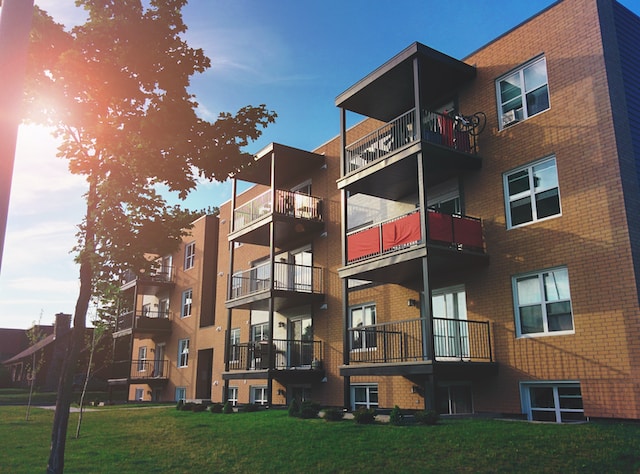
For many, apartment hunting can be an incredibly difficult task. Not only do you have to find somewhere in your budget, but you’ll also need to consider the amenities and commute to work. As such, when you find the perfect location, it can feel like a huge weight off your shoulders. However, when you slip and fall due to the negligence of another person in your rented apartment or the building, understanding your legal options is critical. The following blog explores what you should know about these matters, including the importance of discussing your rights with a Broward County slip and fall lawyer to determine the best course of action for your circumstances.
How Do Slips and Falls Happen in a Rented Apartment?
Unfortunately, many are unaware of just how many circumstances can result in slips and falls. As such, familiarizing yourself with the risks is critical to mitigating damages and preventing potential falls. The most common hazards that can lead to a slip, trip, or fall in an apartment building include the following:
- Missing handrails in stairwells
- Broken or loose stair treads
- Loose carpeting or flooring
- Wet spots on the floor from leaks, spills, or cleaning
- Inadequate lighting
- Debris on the ground
- Cords left strewn about
It’s also important to understand that the injuries resulting from a slip and fall can be incredibly severe. Unfortunately, many underestimate how dangerous these matters can be and the seriousness of the injuries that victims can endure. Injuries include broken bones, soft tissue damage, traumatic brain injuries, and spinal cord damage, among other serious injuries.
Who Can Face Liability for These Accidents?
Unfortunately, liability in these matters will depend heavily on the circumstances surrounding your accident. It’s important to understand that a landlord or property manager is generally the party deemed liable in these instances. However, if you are injured in your own unit because of a rug you laid down or water that you spilled, your landlord is not liable. This is because you are responsible for ensuring these conditions are safe.
Instances where your landlord could be held liable include injuries that happen outside of your unit in a shared space, like a hallway, laundry room, or even the parking lot. Additionally, if there is a hazard present in your apartment before you sign the lease or one that arises that is out of your control, like a leaky pipe, and you slip and fall as a result, your landlord may face liability.
As you can see, there are a considerable number of factors that will influence whether or not your landlord can be held liable for the conditions that lead to your accident. That is why it’s imperative to connect with an experienced attorney with the Finzio Law Group to explore your legal options during these difficult matters. Our team understands how complex these issues can be, which is why we are ready to fight for the compensation you deserve. Contact us today to discuss these circumstances in further detail.
